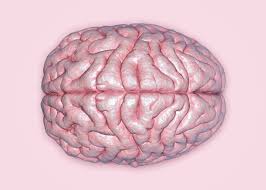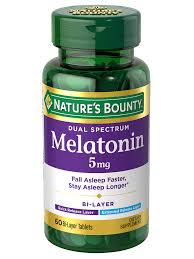The Importance of Maintaining a Healthy Lifestyle
Living a healthy lifestyle is crucial for overall well-being and longevity. It encompasses various aspects of our daily habits, including nutrition, exercise, sleep, and mental well-being. Adopting healthy habits can have a profound impact on our physical health, mental clarity, and emotional stability.
Benefits of a Healthy Lifestyle
Improved Physical Health: Eating a balanced diet rich in nutrients and engaging in regular physical activity can help prevent chronic diseases such as heart disease, diabetes, and obesity.
Enhanced Mental Well-Being: A healthy lifestyle not only benefits the body but also the mind. Physical activity releases endorphins that can boost mood and reduce stress levels.
Better Sleep Quality: Establishing a consistent sleep routine and practicing good sleep hygiene can improve the quality of your sleep, leading to increased energy levels and better cognitive function.
Tips for Maintaining a Healthy Lifestyle
Eat a variety of nutrient-rich foods such as fruits, vegetables, whole grains, lean proteins, and healthy fats.
Stay physically active by engaging in activities you enjoy, whether it’s walking, running, swimming, or practicing yoga.
Prioritize mental health by practicing mindfulness techniques, seeking therapy if needed, and maintaining social connections with loved ones.
Conclusion
Maintaining a healthy lifestyle is an ongoing journey that requires dedication and commitment. By making small changes to your daily habits and prioritizing your well-being, you can experience the numerous benefits that come with living a healthy life. Remember that taking care of your body and mind is an investment in your future self.
Understanding the Concept of ‘Healthy’: Definitions, Synonyms, and Connotations
- What is the connotative meaning of healthy?
- What is the definition of a healthy person?
- How do you define healthy?
- What is the synonym of healthy?
What is the connotative meaning of healthy?
The connotative meaning of “healthy” goes beyond just physical well-being and encompasses a sense of vitality, balance, and overall wellness. It implies not only the absence of illness or disease but also a state of being in which one feels energized, nourished, and in harmony with both body and mind. Healthy can evoke feelings of strength, resilience, and positivity, suggesting a holistic approach to wellness that includes mental clarity, emotional stability, and a vibrant quality of life.
What is the definition of a healthy person?
A healthy person can be defined as an individual who maintains a state of physical, mental, and emotional well-being. This includes having a balanced diet that provides essential nutrients, engaging in regular physical activity to support overall fitness and strength, getting an adequate amount of quality sleep for rest and recovery, managing stress effectively, and maintaining positive relationships and mental clarity. A healthy person is not only free from illness or disease but also actively takes steps to promote their holistic well-being and vitality.
How do you define healthy?
Defining “healthy” encompasses a state of overall well-being that involves physical, mental, and emotional aspects. It goes beyond just the absence of illness and includes factors such as proper nutrition, regular exercise, adequate sleep, and positive mental health. Being healthy means feeling energized, having a strong immune system, maintaining a healthy weight, and being able to cope with stress effectively. It is about achieving a balance in all areas of life to support optimal functioning and vitality.
What is the synonym of healthy?
A common synonym for “healthy” is “well.” When we describe someone or something as “well,” we are indicating that they are in good health, physically fit, and free from illness or injury. This word is often used interchangeably with “healthy” to convey a sense of overall well-being and vitality.



